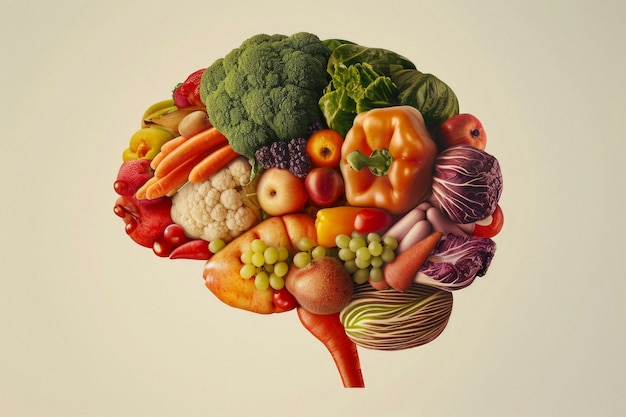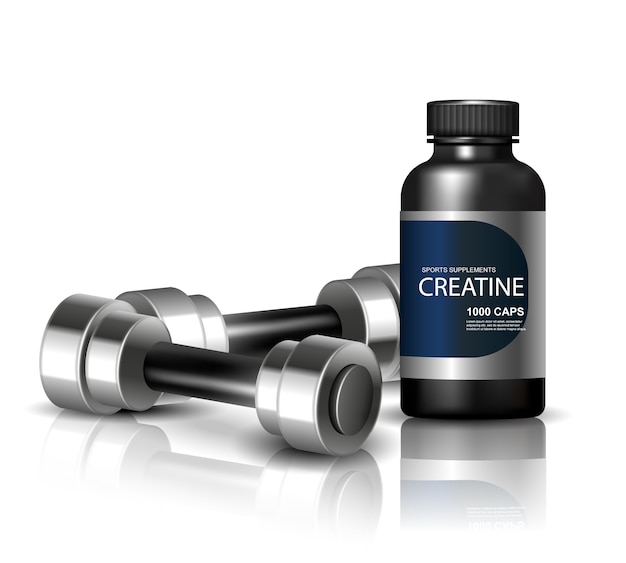A growing body of evidence is sounding the alarm on artificial sweeteners, particularly for middle-aged adults. A recent large-scale study has found a concerning link between high consumption of sugar substitutes and faster cognitive decline. For those relying on diet sodas, sugar-free snacks, or tabletop sweeteners to manage weight or blood sugar, these findings may prompt a reevaluation of long-term health impacts—especially on brain function.
The study, which tracked thousands of adults over several years, revealed that individuals in midlife—typically defined as ages 45 to 65—who consumed the highest amounts of artificial sweeteners experienced significantly faster declines in cognitive performance compared to those with lower intake.
Researchers measured cognitive functions such as memory, attention, executive function, and processing speed. Participants with the highest intake—equivalent to about one diet soda or two packets of sweetener daily—showed brain aging patterns that were, on average, more than 1.5 years advanced compared to their peers who consumed little to no artificial sweeteners.
The most commonly implicated sweeteners included aspartame, sucralose, and saccharin—ingredients found in popular brands like Equal, Sweet'N Low, and Splenda. These results remained significant even after adjusting for factors such as age, education, physical activity, diet quality, and pre-existing conditions like diabetes and hypertension.

Emerging research links common sugar substitutes to accelerated cognitive aging.
Midlife is a critical window for brain health. This period often marks the beginning of subtle neurological changes that can influence long-term cognitive outcomes, including the risk of dementia and Alzheimer’s disease. Lifestyle choices during these years—diet, exercise, sleep, and stress management—can either support or undermine brain resilience.
The study highlights that artificial sweetener consumption during this phase may interfere with brain metabolism or promote inflammation, potentially disrupting neural pathways. While the exact mechanisms are still under investigation, animal studies have suggested that certain sweeteners may alter gut microbiota, which in turn affects brain function through the gut-brain axis.
Cognitive decline is not the only health concern tied to artificial sweeteners. The same study also found that high intake of aspartame was associated with an increased risk of stroke, while sucralose consumption was linked to changes in insulin sensitivity and vascular health—both of which are important for maintaining brain function.
These findings add to a growing list of potential risks, including altered glucose metabolism, increased appetite, and weight gain—paradoxical outcomes for products marketed as tools for weight control.
Note: While artificial sweeteners are approved as safe by regulatory agencies like the FDA, long-term effects—especially at high consumption levels—are still being studied. This research suggests that 'safe' does not necessarily mean 'harmless' over decades of use.
Not all sugar substitutes behave the same way in the body. The study found that aspartame and sucralose were most strongly associated with cognitive decline, while stevia—a plant-based sweetener—did not show the same negative effects. However, data on newer sweeteners like monk fruit and allulose remain limited.
Still, the absence of evidence is not evidence of safety. Until more is known, experts recommend moderation and prioritizing whole, unprocessed foods over heavily processed, artificially sweetened alternatives.
If you're concerned about your cognitive health, consider these practical steps:

A balanced, whole-foods diet supports long-term cognitive function.
While artificial sweeteners may offer short-term benefits for calorie reduction, this new research suggests they may come at a cost to long-term brain health—especially when consumed regularly during midlife.
The brain is highly sensitive to dietary inputs, and what we eat today can shape how well we think, remember, and function in the decades to come. As science continues to uncover the complex relationship between diet and cognition, one message is becoming clear: nature may still offer the sweetest path to health.

Health

Health

Health

Health

Health

Health

Health

Health

Health

Wellness

Health

Health

Health

Fitness

Health

Health